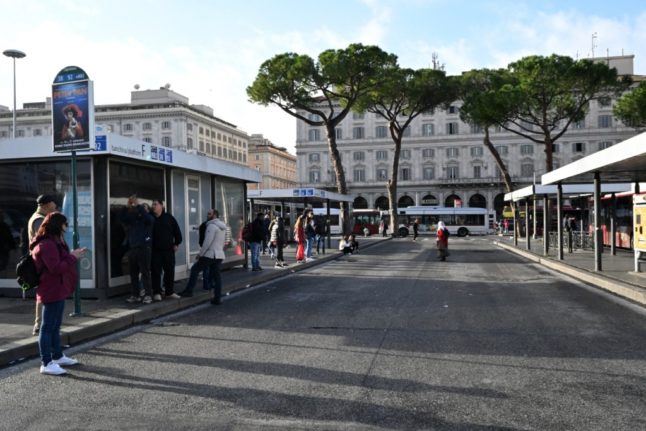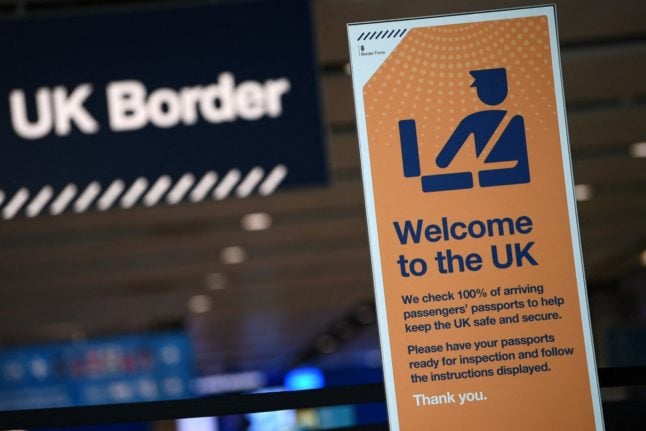The walkout is expected to affect all types of local public transport, from surface services (buses, trams, commuter trains and ferries) to underground metro lines, but shouldn’t affect long-distance rail services and taxis.
As it’s often the case with public transport strikes in Italy, the level of disruption faced by passengers is expected to vary from city to city depending on the number of transport workers participating in the protest.
According to the latest media reports, commuters in major cities, including Rome, Milan, Florence and Venice, are all likely to experience at least some level of disruption on Friday, though the strike may also have an impact in smaller cities and towns.
READ ALSO: The transport strikes to expect in Italy in autumn 2024
The protest was called in late June by some of Italy’s largest transport unions to protest against employers’ “unwillingness to open a dialogue on the issues raised by workers” including “a monthly salary increase of 300 euros [and] a reduction of working hours from 39 to 35 per week”.
Guaranteed services
Under national strike laws, public transport companies are required to guarantee the operation of a number of essential services (servizi minimi) during walkouts.
The exact times vary by operator, but usually coincide with peak travel hours.
Milan’s public transport operator ATM said that the strike may affect its trams, buses and metro lines from 8.45am to 3pm, and then from 6pm until end of service.
Services scheduled outside of the above windows should operate as normal.
Rome’s major public transport operator ATAC said in a statement that services scheduled before 8.30am and from 5pm to 8pm will go ahead as normal.
Venice’s public transport operator ACTV published a list of all the water network services that are guaranteed to go ahead on Friday. The list is available here (in Italian).
Florence’s bus operator Autolinee Toscane said it will guarantee services scheduled from 4.15am to 8.14am, and then from 12.30pm to 14.29pm.
Gest, which operates a number of tram lines in Florence, said that services will be guaranteed in the following time slots: from 6.30am to 9.30 am, and from 5pm to 8pm.
In Naples, public transport operator EAV published a list of guaranteed services for each of their lines. See their website for further information.
Tper, which operates buses in the northeastern Emilia Romagna region, said it will guarantee the operation of services scheduled before 8.30am and from 4.30pm to 7.30pm.
Palermo’s public transport operator Amat warned of “potential cancellations and disruption” affecting its bus and tram lines from 8.30am to 5.30pm, and from 8.30pm to midnight.
For details on guaranteed services in other cities around the country, passengers are advised to check the relevant transport company’s website or social media accounts.
Anyone planning to travel by public transport in Italy on Friday is advised to leave extra time for their journey and check the status of local services with the relevant operator before setting off.
Keep up with the latest updates in The Local’s strike news section.



 Please whitelist us to continue reading.
Please whitelist us to continue reading.
Member comments